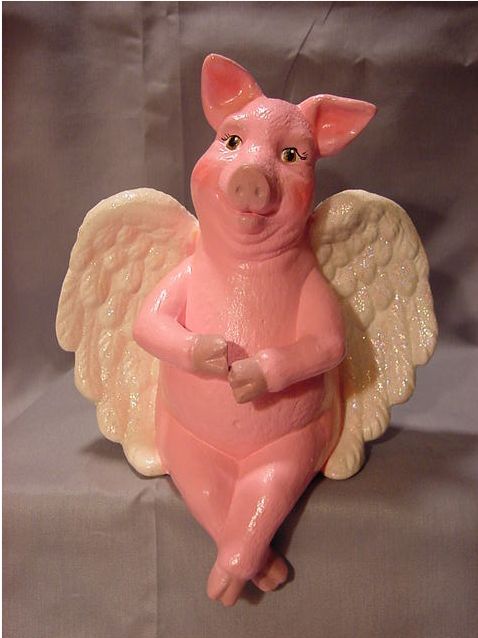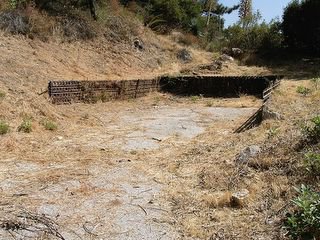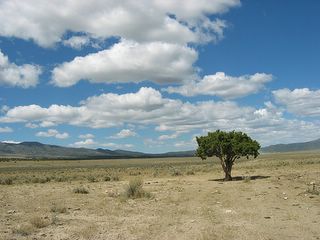 “Can you look at my ticket, dear?” The old lady said, leaning towards me. “I can’t see my number.”
“Can you look at my ticket, dear?” The old lady said, leaning towards me. “I can’t see my number.”
I was sitting on a plastic seat, waiting for my ticket to be called. All I needed was a cheap toaster to replace the one that had smoked out my flat that morning. I had come into Argos just before work and it should have only taken a few minutes. Argos is a hybrid mail order / department store – their shop space is no more than a series of cash registers and a long counter. You choose what you want to buy from thick catalogues, pay and then wait for it to come up from storage. There were crowds of people waiting for their goods that morning and I was going to be late.
I looked at the ticket in the old lady’s claw-like hand. It was trembling. The electronic counter overhead said 45. “You’re number 71.”
“It’s busy today, isn’t it, dear?”
I grunted. “Mine is 79. I’m already late for work.”
I didn’t feel like talking. I hadn’t had any breakfast on account of my broken toaster and I hadn’t bargained for a long wait in this store.
The old lady said happily, “I’m very excited. I’ve been waiting for eight weeks to come here today.”
She folded her ticket neatly and put it into her purse. It was a slow process, her hands shaking all the while. She drew out a folded page, torn from a catalogue, and carefully opened it out. I looked at her for the first time. She was sunken and frail as if her body had given up on her. She might have been a beautiful woman once, or perhaps just a plain one. I could not tell through the mask of her age. Her voice too had that dry, paper-thin quality of the elderly. It is as if age sucks the life and uniqueness out of anyone of us and leaves only a generic husk – an old lady or an old man, no longer Daisy or Gina or Ned or Hassan.
“Look, this is what I’m waiting for.” She pointed at a photograph on the worn page. It was page 523 of the Argos catalogue. From its creases and softness, I sensed that it had been folded and unfolded and gazed upon many times. It was a picture of two porcelain pigs, both upright and chuckling. One played a fiddle and the other danced. They were bright pink with a black patch on their backs. With their round cheeks and laughing eyes, they looked like surreally giggling toddlers.
“I always love looking at the Argos catalogue. It comes through my door once a year and there is so much in it. You could have anything you ever need in your life from it. I like sitting in my chair with a nice cup of tea and reading through it sometimes, you know?” She looked up at me with tired eyes. “My little things used to look so pretty in the house. There was space for them then.
“I’ve got all different kinds of ornaments – china ones, glass ones and some lovely crystal pieces. My favourite are the animals, they all have such character. But after Len died, that house got to big for me, you see. I’m in a flat – it’s small, just right for one person but my little things don’t get the chance to shine, all cramped up like that. My daughter, she says, why do you need all these little knick-knacks, Mum? They only clutter up the place. Do you even know what you’ve got, Mum? she says.
” ‘Course I do, I say to her. I know each one of them and I know where they each sit. I wish you could see them. They’re so pretty. These little pigs here are pretty, aren’t they? I saw them a few months ago. I love their smiling faces and look, this one’s playing music and this one’s dancing a jig. You’re thinking I’m a silly old woman. But just looking at them puts a smile on my face. They’re so cheeky.
“I’ve been saving up, you know. A pound a week, I put aside from my pension. A pound a week. For eight weeks. And now I’m here. Is it my number yet, dear?”
“No.”
“You don’t mind me chatting to you, dear? I don’t see many people. With my arthritis – and my eyes not so good now – I don’t get about as much as I used to. My daugher comes when she can but she’s up in Manchester and she’s got a family and a busy job, I can’t expect to see her all the time, you know? It’s very quiet at home. But I’ve got my litte family, as I call them, my little happy band. And these piglets will fit right in. I’ve got just the spot for them – on that table right by my chair. So I can see them all the time and pick them up and touch them. You can’t touch them on the page, can you? It’s not the same, just having that picture, and holding them in your hands.”
I let her talk on. I didn’t want to. I wanted to close my heart to her. It was easier if she were just another extra in this momentary scene in my life, a one-dimensional part of the general view. But there was the treasure of her heart, on a page torn out of a catalogue, and now I held it in my hands.
When her number was called, I held her seat as she hurried unsteadily up to the counter, fumbling with her stick and her handbag. She shuffled back with the plastic bag, her face beaming. “I want to look at it now. Check that it’s all right, not chipped or anything.”
I helped her with the packaging, her crumpled hands hovering impatiently beside mine. “Careful, now, dear. Yes, there, there we are.”
The porcelain pigs were round and shiny, smooth to the touch. There was little weight to them. The pink was even more luminous in my hands than in the picture. Their perky features were starkly set, from molds that rolled out a hundred thousand others an hour in a factory in China.
The old lady took first one, then the other in her hands, held them as if to warm them, followed their contours with her fingers. She did not speak, just smiled with pleasure at their beauty. She stroked their cheeks, their lips, touched their little ears.
After awhile, she took a breath and handed them back to me. “Thank you, dear.”
She watched me carefully as I wrapped them up and put them back in the box. As she stood up to leave, she took my hand. “Thank you for making an old lady happy.”
I felt embarrassed. “I didn’t do anything.”
“You sat with me and looked at my pigs.”
They called my number then. I scrambled up and headed for the counter. When I looked back, I saw her bowed figure struggling with the door, her woollen hat peaking up above her hunch. A man held the door open for her. She looked up and I could see her smile at him. I imagined she said, “Thank you, dear.”
He did not look at her as he let her pass and walked in through the doors.







